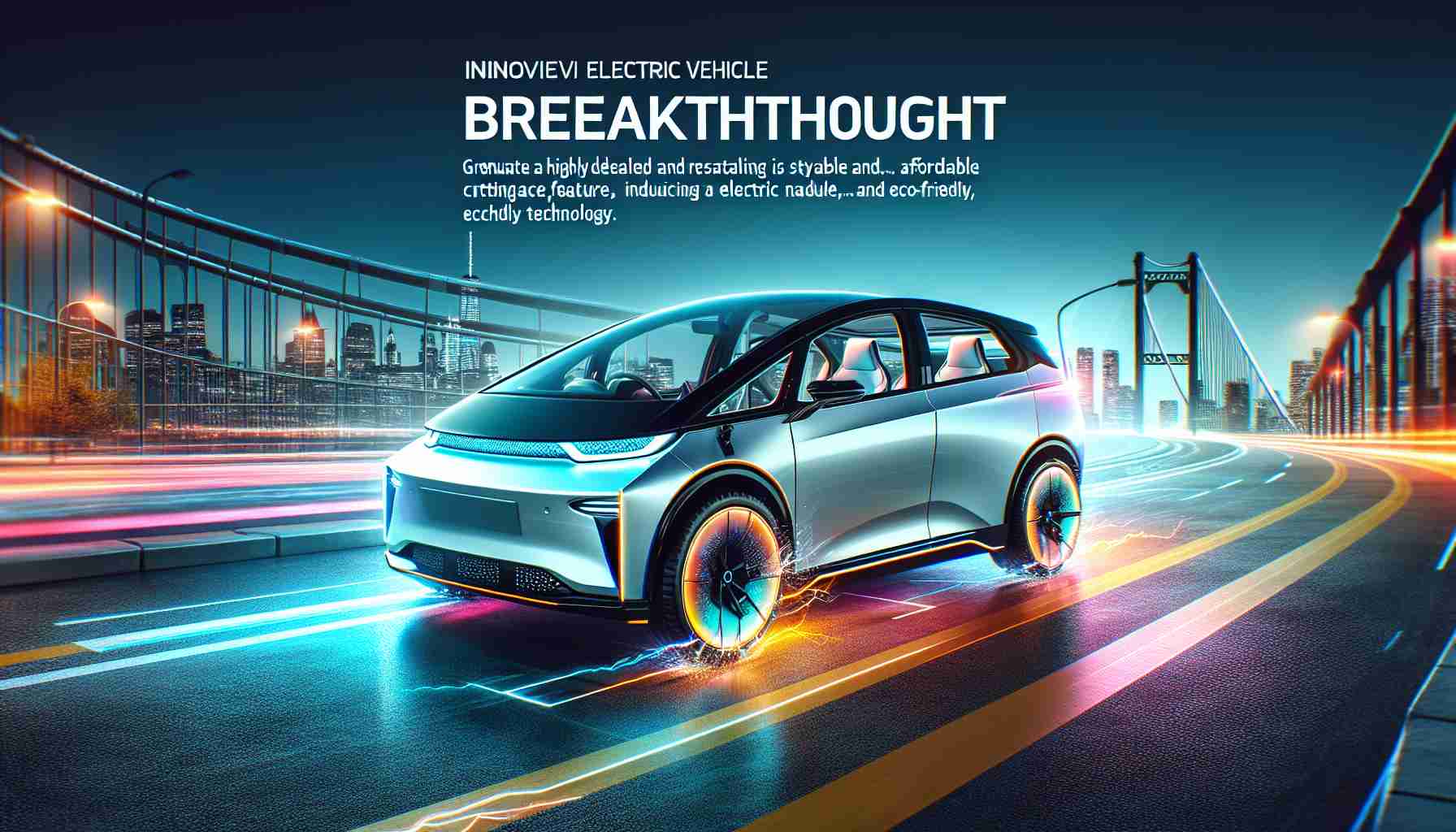Xiaomi has recently turned heads in the global auto industry with the public unveiling of its very first electric vehicle, the SU7. Lei Jun, Xiaomi’s CEO, made heads turn with not only the impressive capabilities of the car but also its astonishingly competitive price of approximately $29,800.
The SU7 has set a new benchmark in electric mobility with its long-driving range models. For the environmentally conscious consumer, the standard version offers a 700-kilometer range. For those looking for extended travel, the Pro and Max models boast ranges of 830 and 800 kilometers respectively.
Performance paired with unprecedented affordability, Xiaomi’s electric vehicle is a marvel of automotive engineering. It is powered by a 73.6 kWh battery developed by Chinese electric powerhouse BYD, stepping up the game with CATL’s 94.3 kWh and 101 kWh batteries in the higher-end models. This vehicle has even challenged the charging time standards with a mere 19 minutes required to reach an 80% charge in its top variant, raising the bar for others in the field.
Despite Xiaomi’s newcomer status in electric car manufacturing, the company has been silently stocking up on patents since 2012, amassing over 800 filings covering state-of-the-art technology in smart cruise control, data processing, and even vehicular autonomy.
China’s rapid adaptation and innovation culture has propelled Xiaomi forward. The nation has been instrumental in expanding the electric vehicle market, and domestic titans like BYD and Nio have benefited greatly from this momentum.
Xiaomi’s choices in component partners reflect a commitment to quality with German engineering involved in their chassis stabilization and brake systems. For self-driving technologies, Xiaomi has not held back either, equipping the SU7 with advanced cameras, ultrasonic radars, and even lidar systems powered by Nvidia’s autonomous driving chips.
Unprecedented demand has been witnessed since the announcement, with pre-orders outstripping Xiaomi’s annual production capacity on the very first day, signifying the extraordinary consumer interest in the blend of high technology and affordability that the SU7 represents.
Compounded by powerful collaborations, including data integration with Baidu’s AI, Xiaomi is not just entering the electric car market; it’s setting new standards and leaving established competitors watching closely.
Key Questions and Answers:
– What is significant about Xiaomi’s entry into the electric vehicle (EV) market?
Xiaomi is known for its electronics and as a newcomer to the EV industry, its entry is noteworthy for its potential to disrupt the market by leveraging its consumer electronics experience and extensive patent portfolio in smart technology to offer competitive and smart electric vehicles.
– What are the expected challenges for Xiaomi in the EV market?
Xiaomi faces the challenge of establishing itself as a reliable automotive brand, managing supply chain complexities, meeting production goals in the face of high demand, and contending with well-established electric vehicle manufacturers.
– Has Xiaomi faced any controversies regarding its electric vehicle?
The article does not detail any controversies related to Xiaomi’s electric vehicle; the true measure of success and any related controversies will likely emerge post-launch when the car is in customers’ hands and on the roads.
– How does Xiaomi’s partnership with other tech companies benefit its electric car?
Partnerships with tech companies like Nvidia and Baidu complement Xiaomi’s vehicle with cutting-edge autonomous driving chips and AI integration, enhancing overall user experience and vehicle performance.
Advantages of Xiaomi’s SU7:
– Price: The SU7’s starting price is very competitive, making it more accessible for a broader range of consumers.
– Range: The long range offered by the base and high-end models is competitive with leading EVs in the market.
– Charging time: A fast charging time places the SU7 among the quickest charging electric cars.
– Technology: Xiaomi’s strong patent portfolio and partnerships provide the SU7 with advanced features such as smart cruise control and potential for autonomy.
– Pre-order interest: High demand indicates a strong market interest and potential success for the SU7.
Disadvantages of Xiaomi’s SU7:
– New Player Risks: As a new entrant in the automotive industry, Xiaomi might face unforeseen challenges in production, quality assurance, and service.
– Production Capacity: The overwhelming demand could strain Xiaomi’s production capacity, potentially leading to delays and impacting customer satisfaction.
– Brand Recognition: Xiaomi will have to build trust with consumers who are accustomed to more established automotive brands.
For related information, you can visit Xiaomi’s official website. Please note that the authenticity and operation of the website are subject to change, so it is always important to verify that the link remains valid and secure before using it.
The source of the article is from the blog be3.sk
